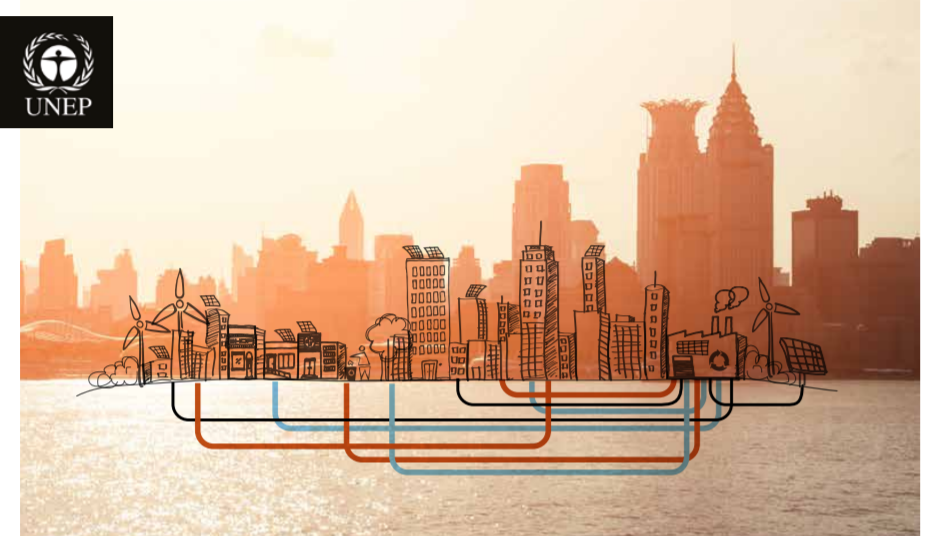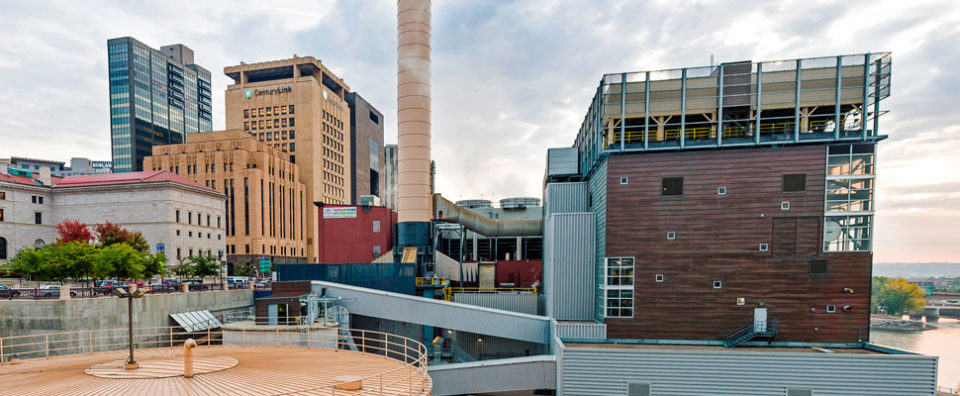
UN Identifies District Energy as Key Solution to Energy Challenges
October 7, 2015 by Ever-Green Energy
In the energy industry, success is defined in many ways. Cost efficiency and environmental impacts are traditionally held up as the most important measures of success. We also applaud systems that demonstrate reliability, resilience, energy efficiency, and innovation. Just as importantly, we must recognize the leadership and organizations that build strong partnerships, take calculated risks, and solve problems with creativity and collaboration. Within our company, we also assess our progress by our ability to work across technologies and sectors, with a truly integrated approach. This perspective may seem standard for the district energy field, but Ever-Green Energy is dedicated to pushing this envelope to find the best solutions for our community energy projects and operations. It is precisely this operational approach that earned our partner, District Energy St. Paul, international recognition in the recently released District Energy in Cities: Unlocking the Full Potential of Energy Efficiency and Renewable Energy, a report from the United Nations Environmental Programme (UNEP) and Local Governments for Sustainability.

The report has identified district energy technology as a key solution for cities to improve energy efficiency, increase energy access, reduce greenhouse gas emissions and air pollution, increase local and renewable energy, and grow the green economy. In their report, UNEP suggests that developing modern district systems is the least cost and most efficient path to meet carbon reduction goals.
The UNEP report aims to provide a clear argument for scaling-up district energy technology around the world as well as practical guidelines for system development. In addition to 45 case studies, the report addresses budgeting, business models, energy standards, and energy planning while featuring specific ways that decision makers can set the foundation for system development. While the report will be useful to any city, the UNEP initiative is geared toward cities in developing countries and emerging economies. Modern district energy technology has proven that it can provide these markets with affordable, reliable, and renewable energy.
Cities account for between 60% – 70% of global energy consumption, motivating local governments to do more to mitigate climate change and create global trends. We are thrilled that District Energy St. Paul is receiving international recognition for its role in shaping sustainable energy solutions and helping the city reach its climate mitigation and resilience goals. Saint Paul was one of only three cities in the United States to be recognized for its best practices, efficiency, and integration. As a public-private partnership, the city and District Energy have worked together to create an international model for sustainability and resilient energy solutions.
The report provides a framework for developing policy, finance, and technology best-practices for cities working to transition to district heating and cooling. As one of the 45 case studies, District Energy demonstrates how to reduce fossil fuel dependence by managing a flexible fuel system that incorporates wood waste, thermal storage, and solar to generate heat and power for our community. We are thrilled to see Saint Paul and District Energy receiving this recognition, and it reinforces the importance of our community energy systems as a model of a modern district energy system and successful business structure for others to emulate.




